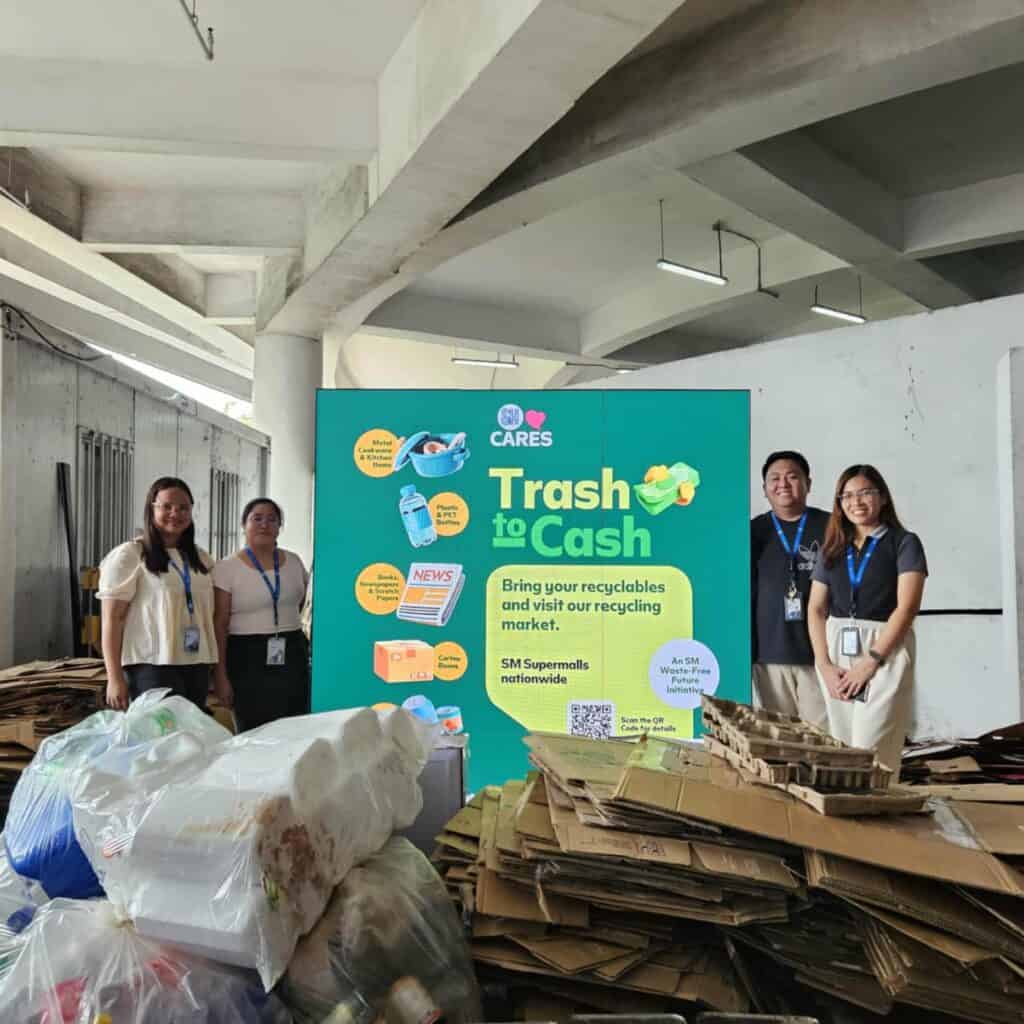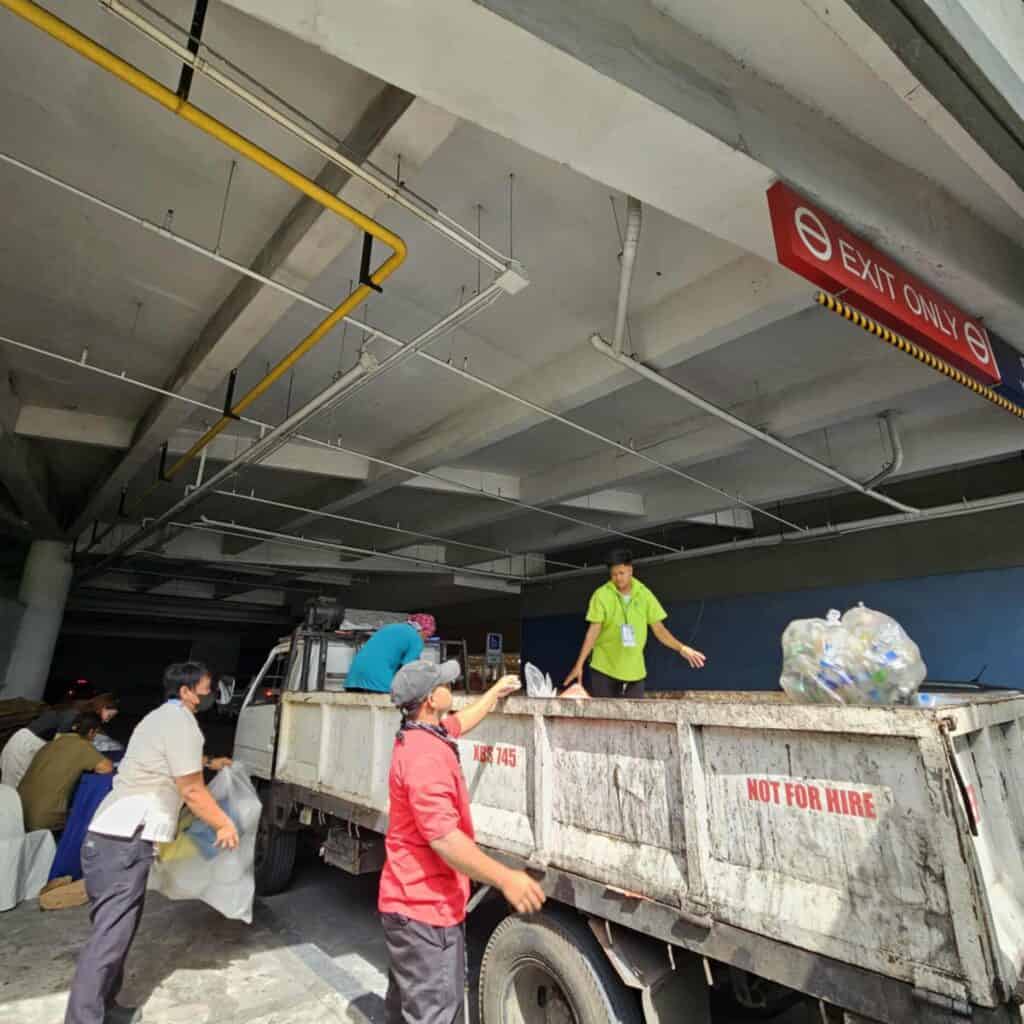More than a decade since Albay implemented its province-wide plastic bag ban, local businesses have been quietly adjusting to a more sustainable way of operating—one that involves stricter waste segregation, a shift to recyclable packaging, and active participation in community-based recycling programs.
At the heart of these efforts is a growing understanding that sustainability is no longer just a regulatory requirement—it’s becoming part of how businesses manage costs, ensure sanitation, and respond to consumer expectations.
In a large commercial mall in Legazpi, for example, tenants generate an average of 100 kilos of recyclable waste every week, mostly in the form of paper, cartons, and light plastics. Through a monthly Trash to Cash program, these are sorted, collected, and turned over to partner junk shops for recycling.
“We’re trying to institutionalize waste segregation not just as a practice, but as part of doing business responsibly,” said Henrick Jefferson Ung, assistant mall manager of SM Legazpi. “We strictly monitor how our tenants handle their waste. Recyclables must be sorted properly. If they’re mixed in, we issue memos to correct the behavior.”
The Trash to Cash program, held every first Friday of the month, also accepts recyclables from nearby residents who want to donate or sell sorted materials. While the economic return per kilo is modest, Ung said the long-term goal is behavioral—getting both businesses and consumers used to the discipline of sorting and reducing waste.
Since 2012, Albay has enforced a no plastic policy that bans the use of non-biodegradable plastic bags and encourages alternatives like paper bags, cartons, or eco-bags. Over the years, this has prompted many establishments—especially in food and retail—to rethink their packaging and shift to compostable or reusable options.
In the mall, visible stickers are posted in food stalls and tenant counters to guide both staff and customers on waste classification: what’s recyclable, compostable, or disposable. Ung said such reminders, combined with consistent monitoring, have helped businesses comply better with the ordinance.
“It also affects sanitation,” he added. “Proper segregation reduces pest infestation and makes cleaning easier. That’s a practical concern for food operators and customers alike.”
Although the recent Plastic Bag-Free Day observance served as a reminder of broader global efforts to reduce single-use plastics, Ung said the habits being reinforced in places like Legazpi are already part of a larger shift toward environmental accountability in business.
Consumers, too, have responded. “More and more shoppers bring their own eco-bags now. There’s greater awareness, and that affects how businesses respond,” Ung said.
For enterprises operating in areas with long-standing environmental regulations like Albay, sustainable practices are no longer seen as add-ons. They’re part of risk management, customer service, and brand integrity.
As Legazpi continues to grow as a regional commercial center, businesses adapting to a plastic-free, waste-aware environment offer a glimpse into how regulation, community participation, and practical business needs can align—one kilo of sorted waste at a time.


